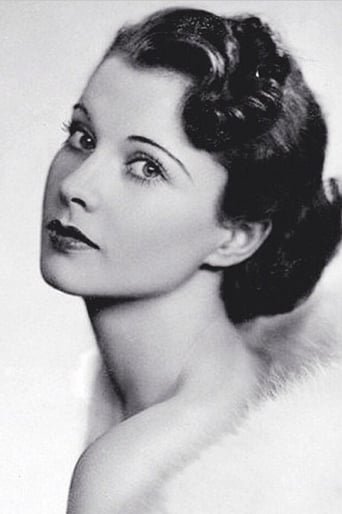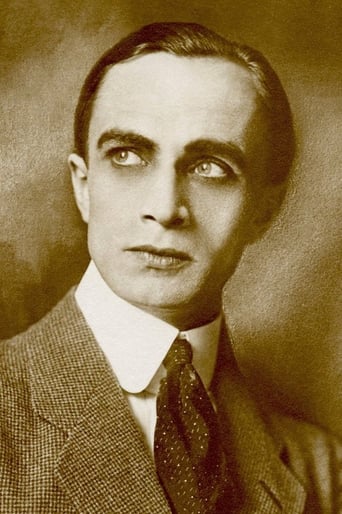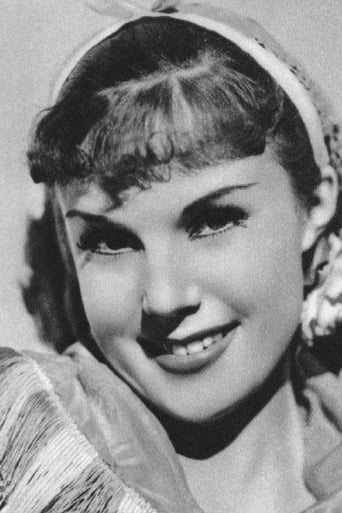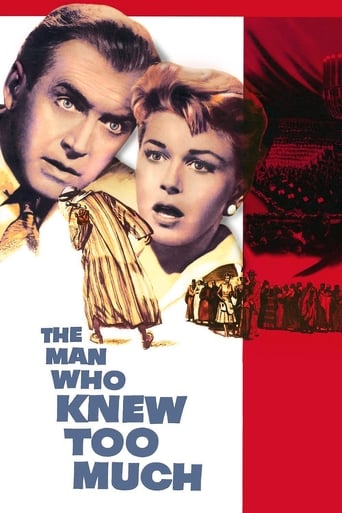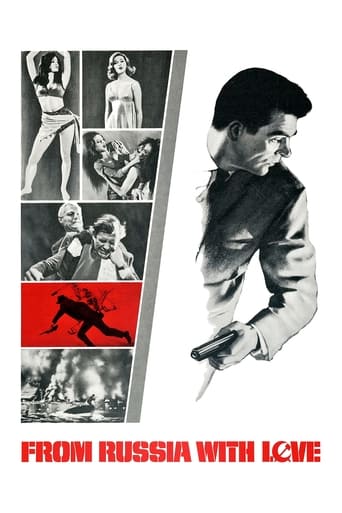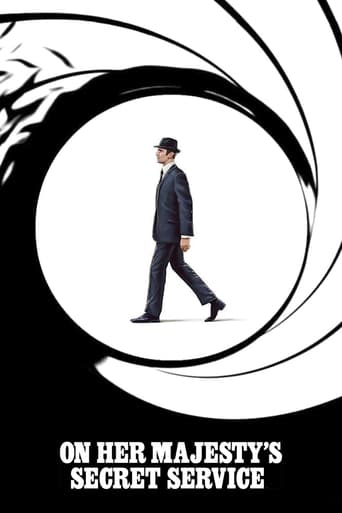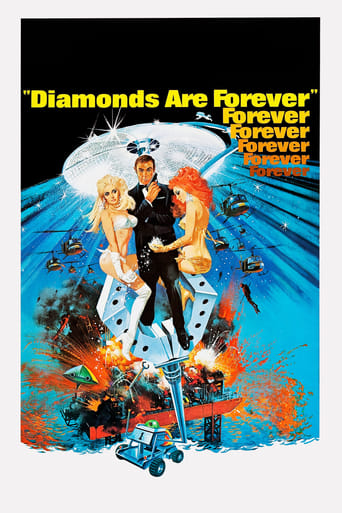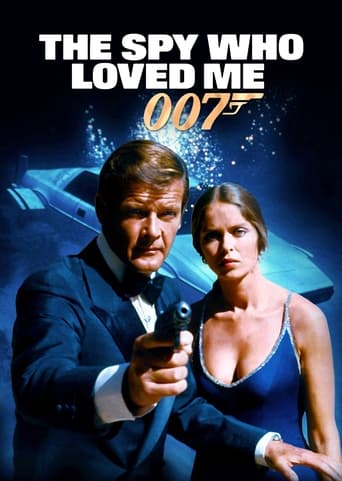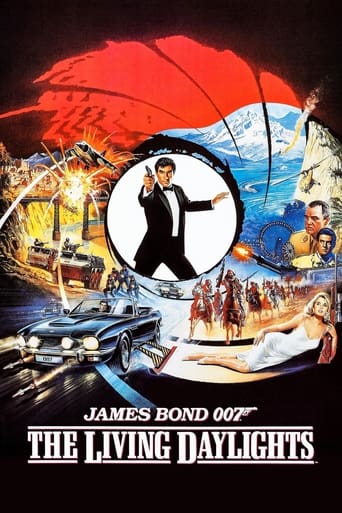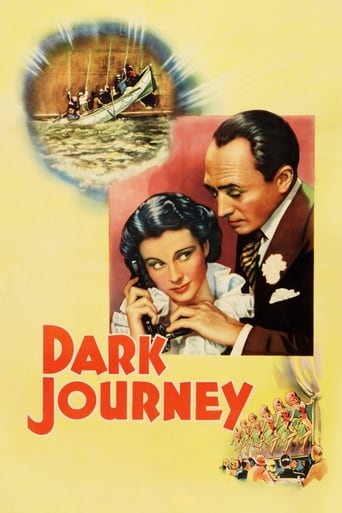
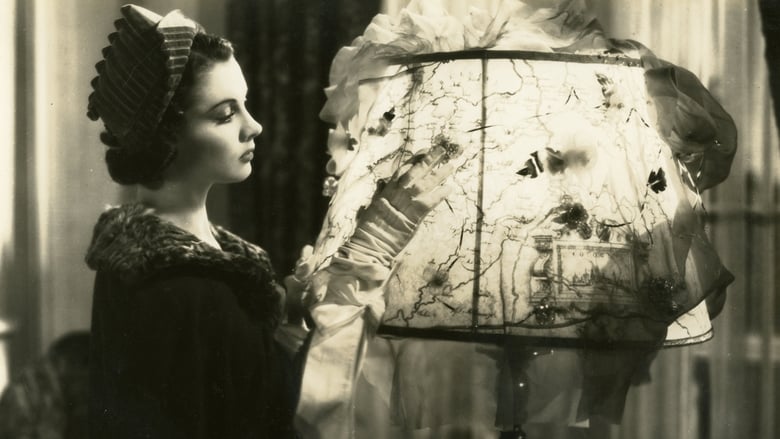
Dark Journey (1937)
Madeline Goddard, is a British double agent who meets and falls in love with a German spy Baron Karl Von Marwitz during World War I. This tale of espionage blends high adventure and romance making perfect order from wartime chaos and growing in faith from despair.
Watch Trailer
Cast
Similar titles
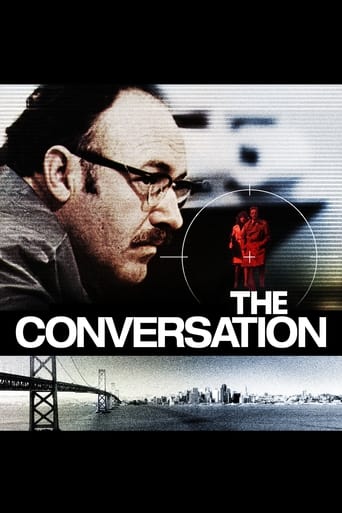
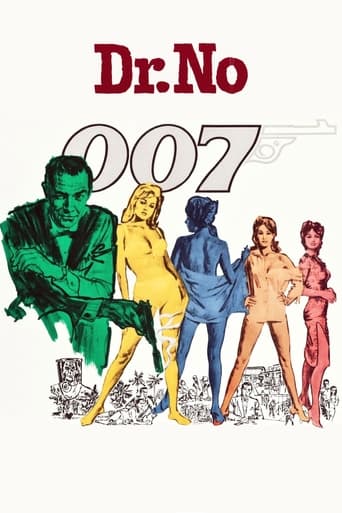
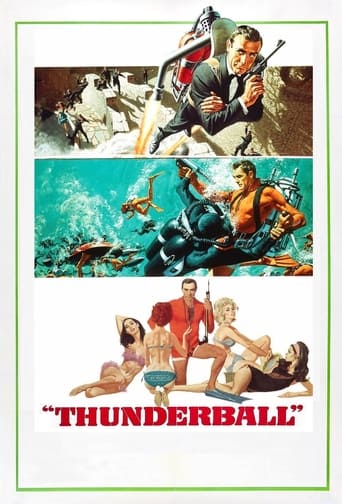
Reviews
People are voting emotionally.
Highly Overrated But Still Good
Great Film overall
Although I seem to have had higher expectations than I thought, the movie is super entertaining.
Set predominantly in neutral Sweden in 1918, this is quite a clever World War I film when it comes to the spy drama elements but less so when it comes to the romantic ones. Vivien Leigh and Conrad Veidt are very engaging leads as the French double agent Madeline Goddard and the German spymaster Baron von Marwitz who fall in love. The supporting cast is strong such as the producer Alexander Korda's sister-in-law Joan Gardner, Sam Livesey (Roger's dad who sadly died before the film was released), his daughter-in-law Ursula Jeans, Austin Trevor, Cecil Parker and Robert Newton. However, the fact that practically everyone in the film bar Veidt speaks with an English accent irrespective of nationality and wears civilian or otherwise nondescript clothes means that it is occasionally a little hard to tell which side everyone is on! That minor problem notwithstanding, the espionage elements of the story are strong but the script is not without its problems. Chief among them is the fact that von Marwitz is supposed to be a somewhat sympathetic character but he does nothing that would serve to make him even remotely sympathetic. For instance, even though he is in love with her, he is perfectly willing to turn Madeline over to his superiors in Germany where she would almost certainly be shot as a spy. British intervention is the only thing that saves her life. While I understand why a British film made in 1937 would be reluctant to depict a German spy in a favourable light, von Marwitz's behaviour does not work in the context of the storyline. It is a more than a little self-defeating, to be honest. If you're not convinced by the romance in a romantic film, that's not a good sign. At the end of the film, she looks after him longingly, clearly hoping that they will be reunited when the war ends. Not a very smart move on Madeline's part, it has to be said. My first thought was this: "Honey, set your sights on the nice one-armed English guy who was not tempted to have you shot." It was particularly annoying as Madeline was otherwise depicted as being a strong character.
Watched this movie and I found it absolutely delightful. The story is about a double agent played by Vivien Leigh who is a dress shop owner in Sweden. I enjoyed the ingenious manner they used dresses to provide spy information and how the first part of the movie you believe the Vivien Leigh character to be a German spy. During her travels she meets Conrad Veidts character and we also she their courtship. Yes I have seen this movie with the drama and romance before but what makes it wonderful is the performances of the leads. You can see Ms Leighs beauty and how she commands ones attention every moment she is in the scene as her on camera presence is electrifying. I thoroughly enjoyed the movie and so should you.
There's not really much to this amuse-bouche of two espionage agents in Sweden during World War I. The German agent, the sophisticated and aristocratic Conrad Veidt, and the pouting delicate French agent, Vivien Leigh, are both quite good. I don't find Conrad Veidt particularly handsome but he has some properties that seem to appeal to women -- tall, polite, unspeakably rich, unflappable, and speaks with a Continental accent. He wears a monocle too, as if the rest weren't enough. I don't find him attractive but I'd like to be him.Vivien Leigh is is a genuine stunner. There isn't a plane of her features or an angle of the camera that detracts from her beauty. She can act too. Here, she changes from curt and business-like to winsome and yearning, and she does it convincingly. Years later, as Blanche DuBois, she swooped around dressed in frills and slowly going mad in New Orleans' French Quarter. As a worn-out Southern belle, she was just as convincing. She had the misfortune of suffering for years from a disabling bipolar disorder and finally the tuberculosis that killed her.The set design is noticeably good, even extravagant in the dining room scenes. They're enough to make any normal man's mouth water -- sitting across from a lovely woman in a fancy restaurant, drinking champagne and dreaming of Aphrodite. Yum.The story itself left me confused. Let's see. We're most often in Stockholm during the war. There are German spies. There are French spies. There are British spies. And all of them seem to be spying on each other. It sounds practically MODERN. Vivien Leigh is a French agent. But why is she smuggling information from Paris to Sweden of all places? Why does the French spy network in Stockholm give a damn about the next German offensive. And who do they transmit it to -- French headquarters in Paris? And why does Leigh's comic janitor send secret semaphore signals out his window to someone else? When the broth is reduced, you have a tale of two lovers representing conflicting ideologies and the good one wins. "Ninotchka" did it with more flair but the intent, of course, was different. In 1937 no one in Britain was laughing much about Germany or Hitler's shenanigans.It's in no way a bad movie. Some of the dialog is keen. In the Leigh's boutique, a dresser and a rich man's mistress have a brief exchange. Paramour: "Some men just like to buy a girl everything." Dresser: "With a girl like you, it's easy to understand why." Both the ladies giggle -- and then the mistress's grin turns into a nasty frown. Well, it loses something when it's put into print.
Passable romantic spy yarn. Vivien Leigh looks as lovely as ever. Conrad Veidt is good but the chemistry with Leigh is just not there, in my opinion. It's also hard to buy Veidt as a suave ladies man. He's much more believable as a villain. Joan Gardner was the film's biggest standout as the temperamental Lupita. Sexy and alluring, I'm surprised she wasn't a bigger star. She provides all of the movie's oomph and humor, though her role is sadly small.It's all very dry and serious, which is fine considering the subject matter. I mean, I don't expect a comedy from WWI spy story, especially on the eve of WWII breaking out. However, it suffers from a lack of excitement. The romance is unexciting and passionless. Even the war stuff is unexciting. It's not a great film. However, it is competently put together and the charisma of the leads and the aforementioned Joan Gardner make it worth seeing once. Fans of Vivien Leigh will probably enjoy it more than the average viewer. She does quite well in the part, my other reservations about the film aside.
